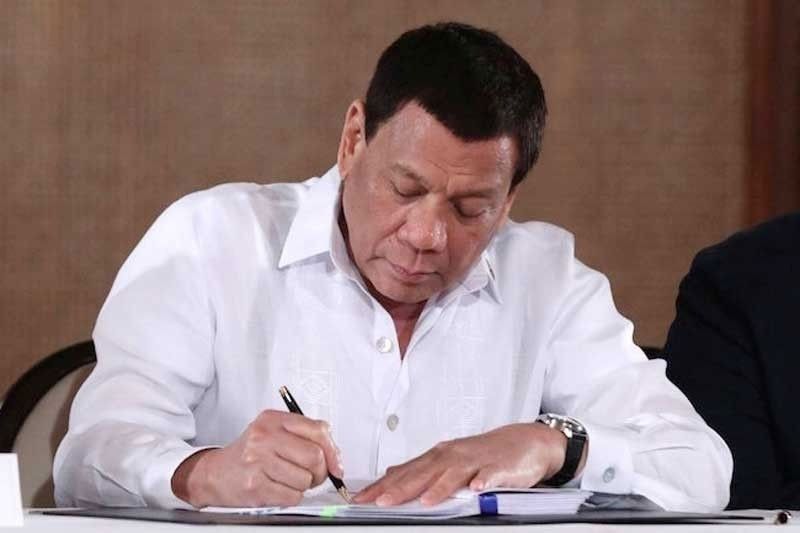Pres. Duterte OKs Building of More Tertiary Hospitals in PH
DUTERTE – Philippine President Rodrigo Roa Duterte signed the laws ordering the building of more tertiary hospitals in several areas in the country.
There are less than three (3) months left before the term of Pres. Rodrigo Roa Duterte as the country’s Chief Executive is over. Previously, the 77-year-old President revealed that he has started packing and is looking forward to being the outgoing president.
The President believes that he has fulfilled his promises to the Filipinos during the campaign period in 2016. His staunch campaigns are the fight against illegal drugs in the country and corruption in the government.
During his third year as the country’s president, he also vowed for health care to be one of his priorities. He signed the Universal Healthcare Law.

The Universal Healthcare Law guarantees equitable access to “quality and affordable health goods and services”. According to then-presidential spokesman Harry Roque, the President really made the UHC a priority measure.
Recently, less than three (3) months before he will step down as the country’s chief executive, Pres. Duterte signed several laws in line with the healthcare system in the Philippines. Based on a report on ABS-CBN News, he approved several laws mandating the building of more tertiary hospitals in the country.
Pres. Duterte signed the following laws that mandate the building of tertiary hospitals in specific areas:
- Republic Act No. 11702 creating the Southern Luzon Multi-Specialty Medical Center in Tayabas City, Quezon province.
- Republic Act No. 11703 establishing the Samar Island Medical Center, a tertiary hospital in Calbayog City, Samar.
- Republic Act No. 11705 also created the Ilocos Sur Medical Center, a tertiary hospital in Candon City, Ilocos Sur.
Reportedly, the new hospitals will be under the direction of the Department of Health (DOH) as stated in the laws approved by the President.
You may also visit – President Duterte Hopes Next Admin Will Do Better In Addressing Climate Change
